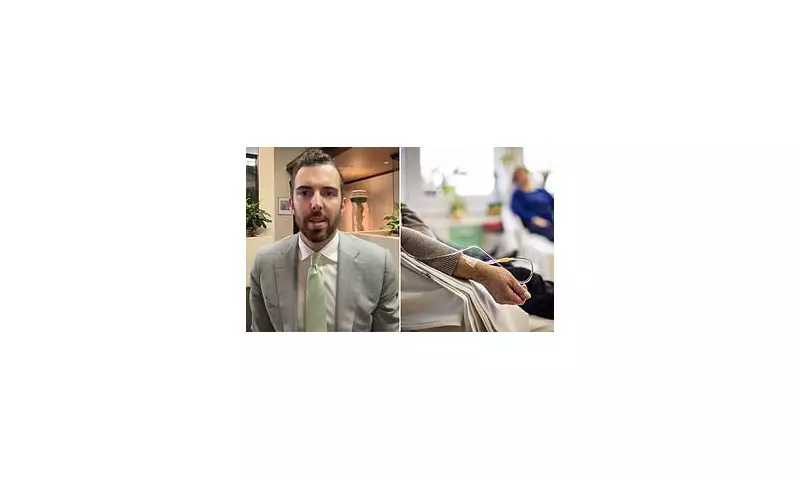
Attorney's Viral Warning Over Common Garden Product
A Philadelphia-based catastrophic injury lawyer has sent shockwaves through social media by revealing the one everyday product he absolutely refuses to go near - a common weed killer ingredient used by millions.
Tom Bosworth, who specialises in catastrophic injury and death cases, told his TikTok followers that glyphosate, the active chemical in many popular weed killers sold worldwide, is something he would never touch under any circumstances.
'As a catastrophic injury and death lawyer I deal with some of the most dangerous products and some of the worst situations in the world,' he explained in a viral video. 'But if you were to ask me what's the one product that I'm most afraid of that I would never go near - it's without a doubt glyphosate.'
The Cancer Connection and Global Concerns
Bosworth's concern stems from what he describes as overwhelming evidence linking the herbicide to serious health conditions. 'There has been study after study that demonstrates the link between the weed killer and non-Hodgkin's lymphoma,' he stated.
He highlighted the particularly worrying aspect of the chemical's 'latency period', where health problems might not emerge for decades after exposure. 'The latency in people can be five, 10, 20 years. You might not get the diagnosis until 20 years after using the product,' Bosworth warned.
This warning reflects years of international concern about the chemical's safety. Back in 2015, the International Agency for Research on Cancer (IARC) classified glyphosate as a 'probable' human carcinogen. The agency stated that while evidence remained limited, it was strong enough to warrant caution and further investigation.
Scientific Divide and Regulatory Response
The safety of glyphosate remains deeply contested within the scientific community and among regulators worldwide.
Professor Lin Fritschi, an epidemiologist within the School of Public Health at Curtin University, has previously emphasised that evidence around glyphosate and cancer risk remains incomplete. 'The fact the IARC stated there is 'suggestive evidence' that glyphosate causes cancer means more information is needed on the issue,' she commented following Australia's first glyphosate-related cancer lawsuit.
She advised anyone using glyphosate to consider safer alternatives and to take greater precautions if continuing its use. 'For glyphosate, the manufacturers recommend wearing eye protection, a respirator with a replaceable filter, rubber gloves, and cotton overalls buttoned at the neck and wrist,' Professor Fritschi noted, adding that pesticide labelling in Australia needs improvement.
However, not all experts share these concerns. Professor Ivan Kennedy from the University of Sydney, an expert in risk assessment and pesticide environmental fate, has argued that worries have been exaggerated. 'The IARC made a 'bad mistake' in claiming glyphosate is a probable cause of cancer,' he stated. 'There is no convincing evidence for this, and much evidence gathered over 40 years about it as the safest herbicide known.'
Despite the ongoing debate, Australia's pesticide regulator recently reapproved glyphosate for use until 2035, concluding there wasn't sufficient evidence to justify a ban. This decision stands in contrast to several countries including Vietnam, Austria, Belgium, and France, which have restricted or outlawed the chemical entirely.
For Bosworth, the potential delay between exposure and diagnosis remains the most frightening aspect. 'It's a product I'd never touch,' he firmly told his viewers, reinforcing his stark warning about this common garden product.





